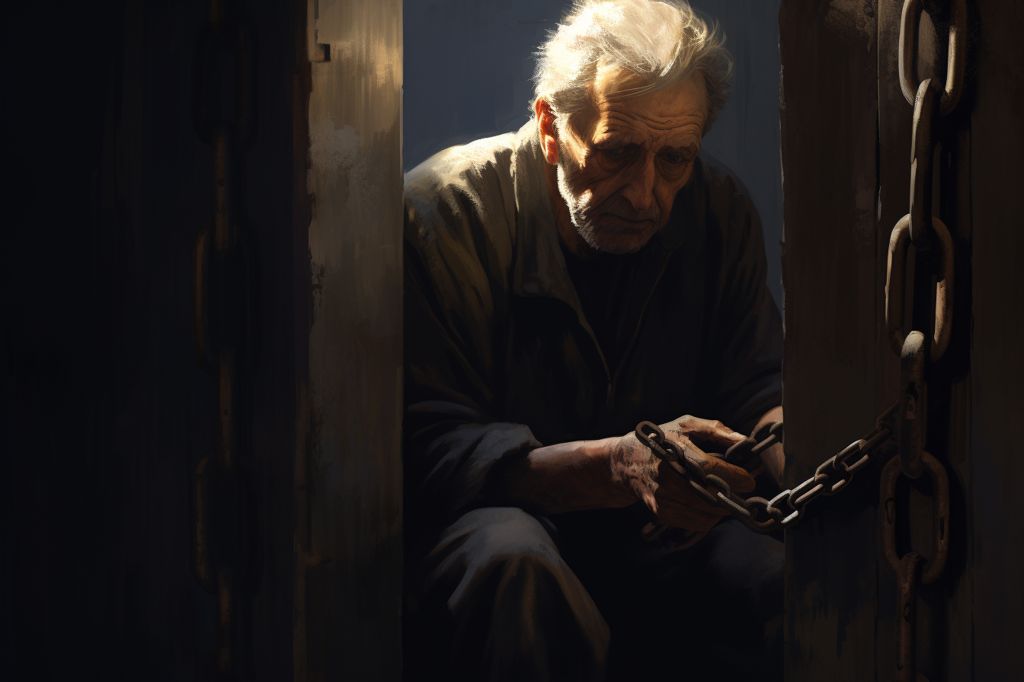A study conducted by the University of Cape Town (UCT) has revealed that elder abuse is a significant issue in South Africa. One out of ten older adults aged 65 and above has experienced some form of abuse, according to the study. Financial and emotional abuse are the most prevalent types, with more than half of the abusive acts involving theft of money, valuables, or other items committed by strangers.
Predators of Elder Abuse
The study also found that family members and non-family members with personal relationships with the elderly are the most common perpetrators of abuse. The lack of research on elder abuse in South Africa is a significant issue that needs to be addressed.
Researching Elder Abuse in South Africa
Roxanne Jacobs, a UCT PhD graduate, conducted the study titled “Elder abuse in South Africa: measurement, prevalence, and risk.” The study aimed to improve dementia care, treatment, and support systems. The research officer examined prevalence, predictors, and risk estimates from a randomized household survey of 490 older adults and household informant dyads in Limpopo and Western Cape.
Coping Strategies of Dementia Carers
The study found that 51.8% of carers tested positive for abuse risk, with 14.3% of them at high risk. Dementia carers were found to be four times more likely to be at risk of abuse compared to carers of people without dementia. Jacobs discovered various coping strategies employed by dementia carers, which included pacifying or evading challenging care interactions, feeling forced to be rough with an older person, and being a recipient of aggression and violence from their care-recipient themselves.
Predictors of Carer-Perpetrated Abuse
Jacobs stressed that high carer burden and neuropsychiatric symptoms in older adults were significant predictors of carer-perpetrated abuse. Supporting carers and people living with dementia in managing these symptoms could minimize risk factors. Importantly, she emphasized that family carers of people living with dementia are more likely to need guidance and support in their care of a family member.
Global Impact of the Research
Jacobs’ supervisor, Associate Professor Margie Schneider, noted that the groundbreaking study is one of the first to explore the relationship between dementia, functional impairment, and elder abuse at a community level. The results of the study have made a global impact, shedding light on the complex issue of elder abuse in South Africa. The study could serve as a foundation for further research and the development of targeted interventions to protect this vulnerable population.












